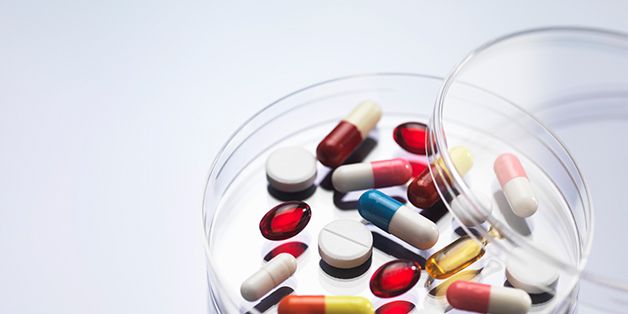Many Important Medical Trials Negatively Impacted by COVID-19
June 3, 2020
The entire world is watching for developments in vaccine trials for COVID-19. However, other vitally necessary trials are being sidelined and sometimes stopped all together. Research on drugs and treatments for ailments such as cancer, allergies, arthritis, and alzheimers have been disrupted by the coronavirus pandemic and the subsequent stay-at-home orders. The effects will be felt by pharmaceutical companies, patients, and their families for years to come.
Clinical trials involve several phases, which are regulated by the Food and Drug Administration (FDA). In phase I, drugs are tested on healthy volunteers to check for adverse reactions. During phase II, several hundred ill patients are provided with the drug to determine the optimal dose and evaluate whether the drug is effective. Finally, large numbers of patients are enrolled in phase III trials to confirm efficacy, safety, and to assess the drug in patients of a variety of backgrounds, according to Erland Stevens in his book Medicinal Chemistry.
Developing a drug is a risky proposition for a pharmaceutical company. Only 1 in 5 drugs that are tested in humans will eventually be approved and prescribed, and the other 80% still have to be funded and developed. Stevens writes that in 2000 it took at least $800 million to bring a drug from the research bench to the patient’s bedside. Those costs have only risen, with some current estimates ranging between 1 and 2 billion dollars. Time is precious as well, the entire process can last more than eight years.
Stalling a clinical trial is immensely costly to both companies and consumers. Unfortunately, this is exactly what COVID-19 has done. In April, 139 oncology trials were suspended. A Nature article by Dr. Samik Upadhaya from the Cancer Research Institute reported on these findings in mid-May. The research team surveyed 36 cancer researchers, many of whom were leading multiple clinical trials. In the U.S., only 20% of trials were enrolling patients at the same rate as before the pandemic. A separate 20% of trials had stopped enrolling patients all together. One sixth of current trials are in danger of missing a major benchmark needed for drug approval.
For many trials, restarting their work will not be as simple as hitting the play button. Some trials will need to restart, others may lose funding or interest. Others will need to enroll entirely new patient populations, a costly and time-consuming process. Important diseases and conditions continue to lack effective treatments. The coronavirus pandemic will only delay the development of new and improved drugs to address these non-COVID related health concerns.







